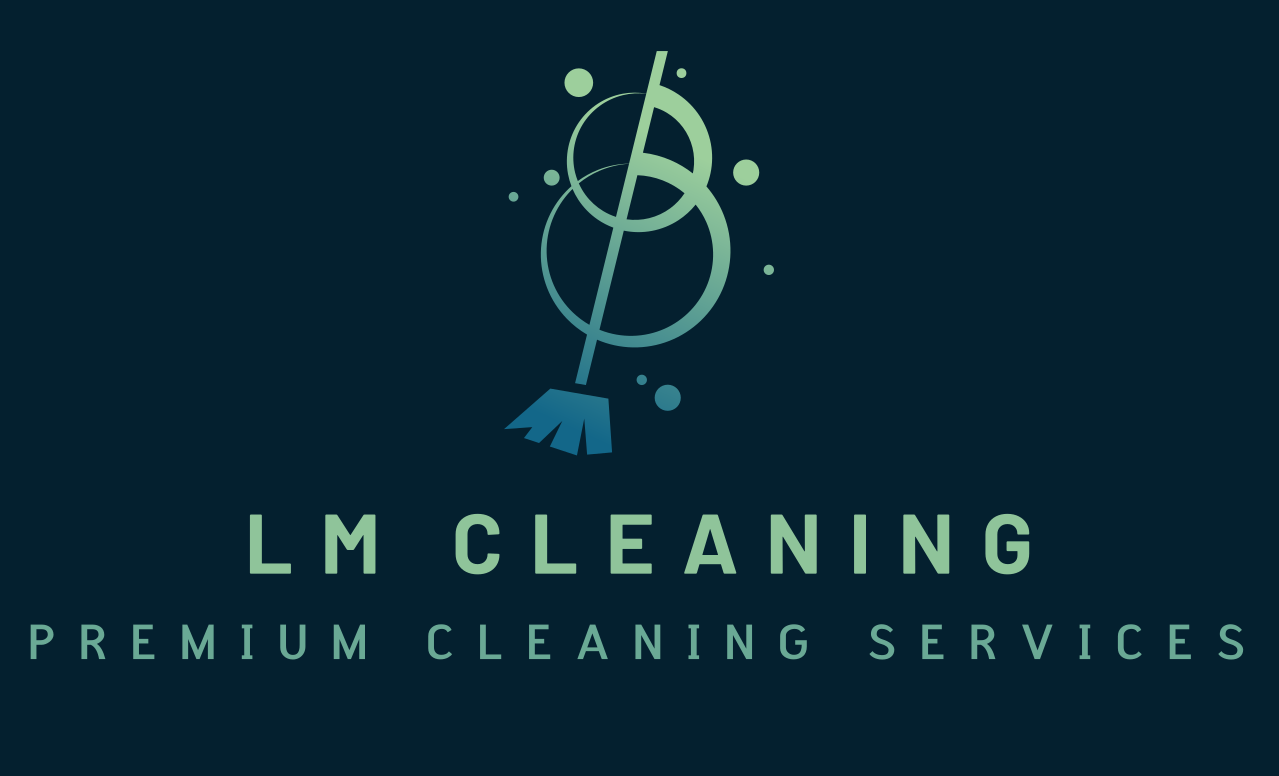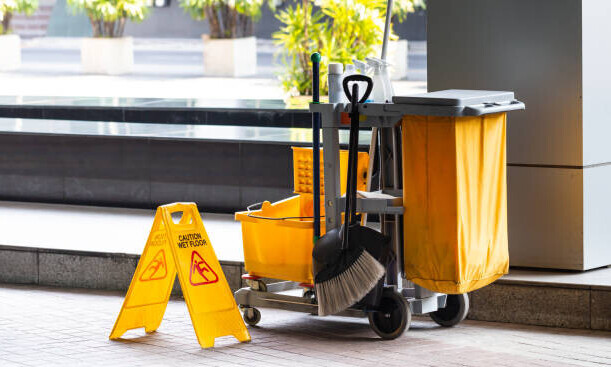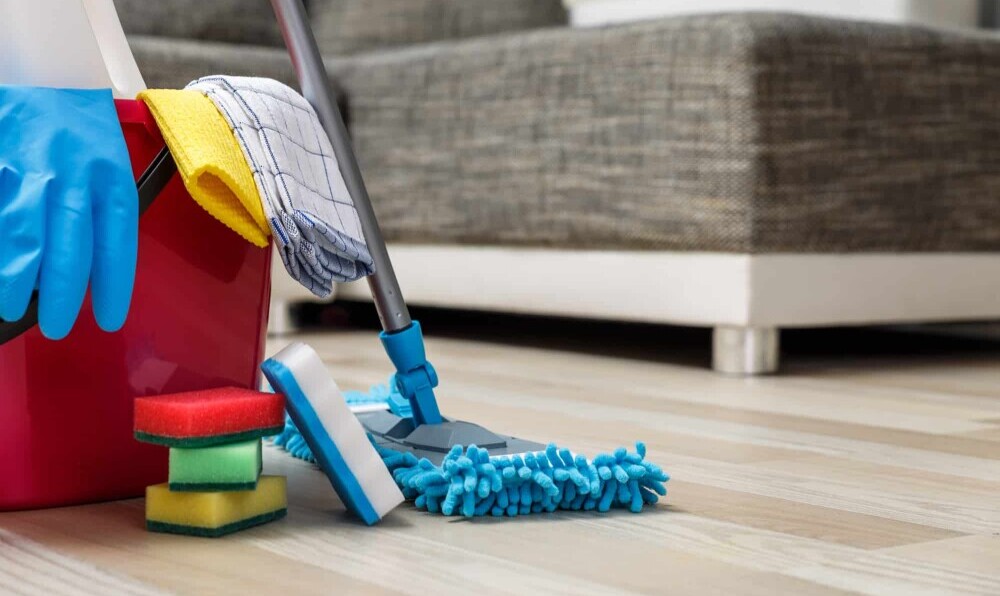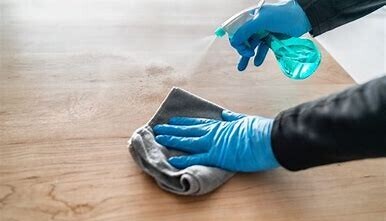Cleanliness and productivity are more connected than you might think. A spotless work environment significantly boosts employee morale and efficiency. Imagine walking into a clutter-free, fresh-smelling office; it’s an instant mood lifter.
A clean workspace reduces distractions and helps employees focus better. If you’re surrounded by mess and chaos, it’s tough to concentrate. On the flip side, a tidy space can enhance concentration and even spark creativity. It’s like giving your brain the green light to think clearly.
Real-world examples underline this connection. Consider a tech start-up that revamped its office cleaning routine. After a thorough cleanse, the staff noticed fewer sick days and higher job satisfaction. Another case involved a retail store that maintained impeccable cleanliness standards; the result? Happier employees and better customer service.
Understanding this, employers can do wonders by prioritizing cleanliness. It sends a message that the well-being of the staff is paramount, fostering a culture of respect and care. Keeping things clean isn’t just about aesthetics; it’s a powerful productivity tool.
Importance of Cleanliness in the Workplace
Maintaining a clean workplace is vital for several reasons, starting with health. A clean environment minimizes the spread of germs, cutting down the number of sick days. In an era where health is paramount, keeping things sanitized is more crucial than ever.
The psychological benefits are also noteworthy. Walking into a neat, organized space can make employees feel valued and respected. It fosters a sense of pride in where they work, boosting mental well-being and job satisfaction. When people feel good about their surroundings, they’re naturally more productive.
Legal and compliance aspects can’t be overlooked. Many industries have stringent requirements for cleanliness and hygiene. Regular cleaning and adherence to sanitation standards not only keep employees safe but also ensure you’re on the right side of regulations. Ignoring these could lead to hefty fines or even shutdowns, so it’s smart business practice too.
In essence, prioritizing cleanliness isn’t just about keeping things looking nice. It’s about creating a safe, healthy, and positive environment that can genuinely improve everyone’s daily experience at work.
How a Clean Space Increases Productivity
A spotless office does wonders for employee stress levels. A cluttered desk can make you feel overwhelmed and anxious, while an organized space promotes a sense of calm. Reducing stress directly impacts productivity, as employees can focus on their work without distractions.
Cleanliness has a direct impact on absenteeism. Fewer germs mean fewer sick days, translating to more consistent work output. When employees are healthy, they’re present and more engaged, contributing to overall team efficiency.
Focus and efficiency take a hit when surrounded by disorder. Imagine trying to complete a task while constantly navigating around piles of papers or noticing dust-covered surfaces. A clutter-free environment allows employees to dive right into their tasks without unnecessary pauses.
The benefits of maintaining cleanliness extend beyond immediate productivity gains. Long term, a clean workspace creates a culture of discipline and respect. Employees take pride in their environment and this positive attitude spills over into their work.
Ensuring regular cleaning routines and easy access to cleaning supplies empowers employees to keep their areas tidy. This collective effort leads to a more harmonious and productive workplace.
The Connection Between Cleanliness, Sanitation, and Employee Well-being
Proper sanitation is essential in preventing illnesses, which means employees are not falling sick as often. This directly impacts the efficiency of a team. A healthy employee is more likely to show up regularly, work energetically, and contribute effectively to projects.
Employee satisfaction often hinges on the little things, and a clean environment ranks high on that list. A tidy workspace reflects the organization’s care for employee well-being, enhancing their sense of value and satisfaction. Happy employees are motivated and that motivation translates into better performance.
Implementing regular cleaning protocols is key to maintaining a healthy workplace. It goes beyond occasional deep cleans to include daily routines that ensure surfaces, especially high-touch areas like doorknobs and keyboards, are sanitized regularly. Providing employees with the tools to keep their spaces clean can also foster a shared responsibility for cleanliness.
Incorporating cleanliness extends beyond just health benefits. It’s about creating an atmosphere where employees feel good about coming to work each day. When the workplace is clean, it’s easier to foster a team spirit and build trust among staff, knowing their well-being is a priority.




